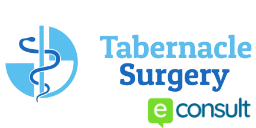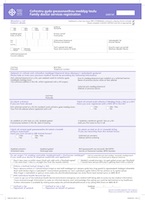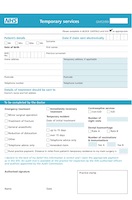

Information

Information
How can I register with the Practice?
The practice serves the area of Skewen, Birchgrove, Longford, Bryncoch and Jersey Marine.
To register as a patient, please bring your medical card or ask at reception for a registration form. You must have your NHS number available to fill in the form, you can obtain this from your current GP. You will also need photo ID and proof of address.
We can only accept patients who live in our practice area.
To register as a patient, please bring your medical card or ask at reception for a registration form. You must have your NHS number available to fill in the form, you can obtain this from your current GP. You will also need photo ID and proof of address.
We can only accept patients who live in our practice area.
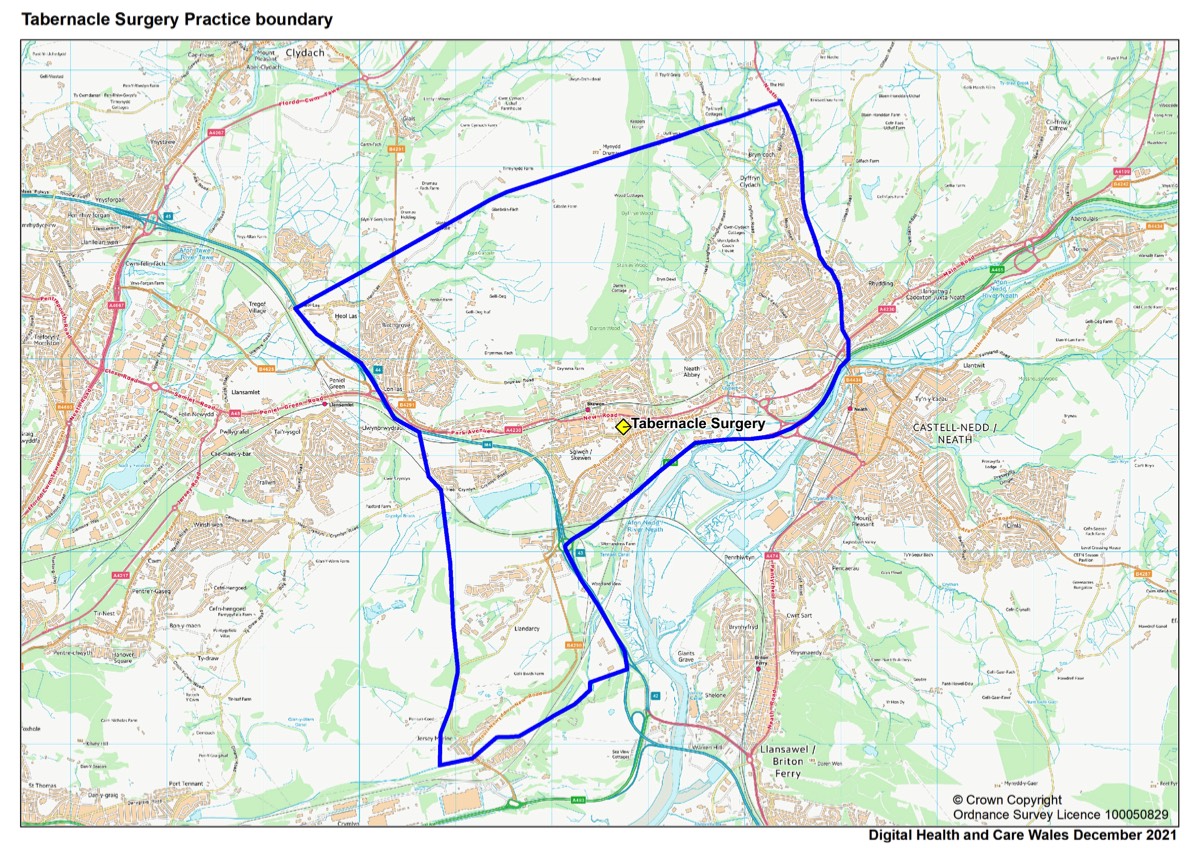
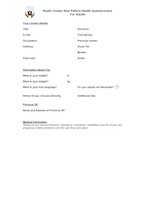
GMS Access Standards
The standards are:
• People receive a prompt response to their contact with a GP practice via telephone.
• Practices have the appropriate telephony systems in place to support the needs of people avoiding the need to call back multiple times and will check that they are handling calls in this way.
• People receive bilingual information on local and emergency services when contacting a practice.
• People are able to access information on how to get help and advice.
• People receive the right care at the right time in a joined up way which is based on their needs.
• People can use a range of options to contact their GP practice.
• People are able to email a practice to request a non-urgent consultation or a call back.
• Practices understand the needs of people within their practice and use this information to anticipate the demand on its services.
• People receive a prompt response to their contact with a GP practice via telephone.
• Practices have the appropriate telephony systems in place to support the needs of people avoiding the need to call back multiple times and will check that they are handling calls in this way.
• People receive bilingual information on local and emergency services when contacting a practice.
• People are able to access information on how to get help and advice.
• People receive the right care at the right time in a joined up way which is based on their needs.
• People can use a range of options to contact their GP practice.
• People are able to email a practice to request a non-urgent consultation or a call back.
• Practices understand the needs of people within their practice and use this information to anticipate the demand on its services.
How do I arrange a home visit?
Requests for house calls should only be made for those who are housebound or terminally ill.
If you want a house call, please contact us before 10am. A doctor may ring you back to assess the need for a house call.
Please remember however that house calls take a lot of time and doctors can usually see five patients in the time taken to visit one at home.
Most medical problems can be dealt with far more effectively at the surgery.
If you want a house call, please contact us before 10am. A doctor may ring you back to assess the need for a house call.
Please remember however that house calls take a lot of time and doctors can usually see five patients in the time taken to visit one at home.
Most medical problems can be dealt with far more effectively at the surgery.
Fit notes
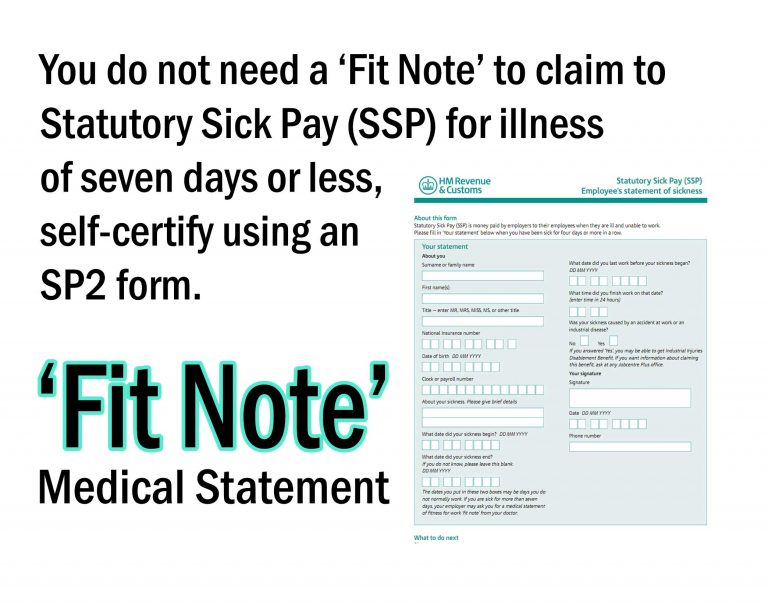
Often patients consult for a sick note when one is not necessary. There are strict guidelines that Doctors have to follow when issuing sick notes.
You DO NOT need to see the Doctor for an illness lasting less than 7 days.
From the 6th of April 2010, medical certification (sick notes) have changed to "fit notes"
The new "fit notes" contain sections to be filled out by the doctor on how people who are on sick leave can return to work earlier
For more information please see www.dwp.gov.uk/fitnote/
Duration of Illness:
You DO NOT need to see the Doctor for an illness lasting less than 7 days.
From the 6th of April 2010, medical certification (sick notes) have changed to "fit notes"
The new "fit notes" contain sections to be filled out by the doctor on how people who are on sick leave can return to work earlier
For more information please see www.dwp.gov.uk/fitnote/
Duration of Illness:
- Less Than 3 days Your employer should not require a sick note
- Between 3 and 7 days You should hand in a "self certificate". You do not need to see the Doctor for this.
- More than 7 days You will need a new "MED3" certificate. You must contact the Doctor to get one. It is ONLY at 7 days that you need a Doctors note.
- I've been ill for more than 7 days but saw a different Doctor (e.g. while away, or in A&E); You should see the Doctor for a new "Med 3" certificate. The Doctor MUST be in receipt of written evidence that you saw another Doctor.
How do I get my test results?
You can ring the surgery for test results between 3.00pm and 6.00pm on 01792 817009. We cannot give all results over the phone. If the results are complicated, we may ask you to speak to the nurse or doctor.
Violent patients
If any patient shows violent or abusive behaviour towards our staff or doctors, we will remove them from the list immediately. This may be face-to-face, on the telephone or via social media.
Teaching in General Practice
We are a training practice and each year we have a GP registrar who works under the supervision of one of our trainers (Dr Drummond & Dr Enoch).
These registrars are highly-trained doctors with more than three years experience since they qualified, but it is a requirement that they work for one year supervised by a GP.
Medical students from the University of Wales College of Medicine or Swansea University will also be attached to the practice under the supervision of our doctors.
These registrars are highly-trained doctors with more than three years experience since they qualified, but it is a requirement that they work for one year supervised by a GP.
Medical students from the University of Wales College of Medicine or Swansea University will also be attached to the practice under the supervision of our doctors.
Facilities for patients with disabilities
There is disabled access to the surgery and one parking place for disabled patients. There are disabled toilet facilities at the surgery and also a loop system for the benefit of our deaf and hard-of-hearing patients.
Your information, your rights
Keeping information confidential is of utmost importance. We have a room available for private conversations with members of staff. We will instantly dismiss any member of staff who does not respect your confidentiality.
Your doctor and the team of health professionals caring for you keep records about your health and any treatment or care you receive from the NHS. This information will either be written down (manual records), or held on a computer (electronic records). These records are then used to guide and manage the care you receive. This is to make sure that:
You may also be receiving care from organisations outside the NHS (like social services). If so we may need to share some information about you so that everyone involved in your care can work together for your benefit. Information about you will only be used or passed on if others involved with your care genuinely need it.
Your information may be used to help protect the health of other people and to help create new services and healthcare methods in the future.
Under the law, your doctor may have to give information to certain organisations.
Some services need information to support research and follow trends in diseases. This makes sure that:
Your information is also used to help manage the NHS. It may be used to:
Your information may be used for reasons other than your direct care, and this leaflet explains when this might happen. Whenever this is necessary, your information will be handled in the strictest confidence and will be subject to the principles of confidentiality. These principles are legally binding to ensure the highest standard possible is applied at all times.
The 1998 Data Protection Act allows you to find out what information is being held on computer and in manual records. This is known as a "right of subject access", and it applies to all of your health records.
If you want to see your health records, write to your GP or the hospital where you are being treated. You are entitled to either look at your records or to receive a copy, but should note that a charge (up to £50) will usually be made. In exceptional circumstances your right to see some details in your health records may be limited in your own interest or in the vital interest of others.
If you would like to know more about how we use your information or if, for any reason, you do not wish to have your information used in any of the ways described here, please speak to the health professionals involved in your care.
Why does the NHS collect information about you?
To help you:
Your doctor and the team of health professionals caring for you keep records about your health and any treatment or care you receive from the NHS. This information will either be written down (manual records), or held on a computer (electronic records). These records are then used to guide and manage the care you receive. This is to make sure that:
- your doctor, nurse or any other health professional involved in your care has accurate and up-to-date information to assess your health and decide what care you need when you visit in the future
- you are invited to receive routine treatment such as immunisations and screening
- there is a good basis for assessing the type and quality of care you have received. This will lead to better care both for you and for other patients
- your concerns can be properly investigated if you need to complain about the care you receive
- if you see another doctor, or are referred to a specialist or another part of the NHS, they can see your medical history
You may also be receiving care from organisations outside the NHS (like social services). If so we may need to share some information about you so that everyone involved in your care can work together for your benefit. Information about you will only be used or passed on if others involved with your care genuinely need it.
To help others:
Your information may be used to help protect the health of other people and to help create new services and healthcare methods in the future.
Under the law, your doctor may have to give information to certain organisations.
- Under the 1984 Public Health (Control of Disease) Act and the 1988 Public Health (Infectious Diseases) Regulations doctors have to pass on information that is needed to prevent the outbreak of certain diseases. If you have an infectious disease which might endanger the safety of others (e.g. meningitis or measles but NOT HIV/AIDS) then your doctors will tell the relevant organisations.
- The 2001 Health and Social Care Act (Section 60) allows certain organisations to ask for essential information from your GP or hospital in order to carry out their work. This is strictly controlled and is only allowed after an application has been made to and approved by the Secretary of State for Health.
Some services need information to support research and follow trends in diseases. This makes sure that:
- healthcare organisations can plan ahead and provide the right services to the right people
- progress can be made in diagnosing and managing diseases
- drugs can be made more effective for example, by reducing side effects
To help the NHS:
Your information is also used to help manage the NHS. It may be used to:
- review the care given to patients to make sure it is of the highest possible standard
- make sure services are planned to meet patients’ needs in the future
- investigate complaints, legal claims or important incidents
- pay your GP, dentist, optician, pharmacists (chemist) and hospital for the care they give you
- check and report on how effective the NHS has been
- make sure that the NHS and its services give value for money
The Guiding Principles of Confidentiality
Your information may be used for reasons other than your direct care, and this leaflet explains when this might happen. Whenever this is necessary, your information will be handled in the strictest confidence and will be subject to the principles of confidentiality. These principles are legally binding to ensure the highest standard possible is applied at all times.
- Whenever possible only information that does not show who you are will be passed on to others and only when they genuinely need it.
- Only the minimum amount of information needed will be passed on.
- Anyone receiving information about you is under a legal duty to keep it confidential.
How you can get access to your own health records?
The 1998 Data Protection Act allows you to find out what information is being held on computer and in manual records. This is known as a "right of subject access", and it applies to all of your health records.
If you want to see your health records, write to your GP or the hospital where you are being treated. You are entitled to either look at your records or to receive a copy, but should note that a charge (up to £50) will usually be made. In exceptional circumstances your right to see some details in your health records may be limited in your own interest or in the vital interest of others.
Further Information:
If you would like to know more about how we use your information or if, for any reason, you do not wish to have your information used in any of the ways described here, please speak to the health professionals involved in your care.
Suggestions and complaints
We welcome your suggestions to improve our service.
If you are not satisfied with the service you receive from any member of the practice team, or you want to make a complaint, please contact the practice manager.
If you are not happy with the way we deal with your complaint, you can contact the Community Health Council. Amongst other services, they provide a free and independent advocacy service that offers confidential support, advice and guidance for those wishing to make a complaint against the NHS. You can contact the local Community Health Council on the following number:
If you are not satisfied with the service you receive from any member of the practice team, or you want to make a complaint, please contact the practice manager.
If you are not happy with the way we deal with your complaint, you can contact the Community Health Council. Amongst other services, they provide a free and independent advocacy service that offers confidential support, advice and guidance for those wishing to make a complaint against the NHS. You can contact the local Community Health Council on the following number:
Swansea Bay Community Health Council: 01639 892271
Non-NHS Services
Why are fees charged?
The government's contract with GPs covers medical services to NHS patients. However, in recent years more and more organisations have been involving doctors in a wide range of non NHS work. This work is not funded by the government, so GPs have to charge a fee to cover their time and other expenses.
Surely the doctor is being paid anyway?
It is important to understand that many GPs are not employed by the NHS. They are self-employed and they have to cover the costs of everything from the limited NHS funds provided - staff wages, buildings, heating, lighting, etc - in the same way as any small business. The NHS covers costs for NHS work, but not for non-NHS work, the fees charged by GPs contribute towards keeping the surgery running.
Do GPs have to do non-NHS work for their patients?
With certain limited exceptions, GPs do not have to carry our non-NHS work. Many GPs however will always attempt to assist their patients and carry out this work.
Why does it sometimes take my GP a long time to complete my form/letter?
Time spent completing forms & preparing reports takes the GP away from the medical care of patients which will always have top priority. GPs have an ever increasing workload of forms which must be prioritised against offering appointments and other urgent administration. We aim to complete non-NHS work within two weeks of receipt.
I only need the GP's signature - what's the problem?
When a GP signs a certificate, completes a report or writes a letter it is a condition of remaining on the medical register (which allows them to practice as a doctor), that they only sign what they know to be true. In order to complete even the simplest of forms, the doctor may have to check a patient's entire medical record.
Please contact the surgery for information on specific fees payable.
Out of Hours
The Swansea Bay GP Out of Hours Service operates from 6.30pm to 8am on weekdays, and all day on weekends and bank holidays. There is one number across Swansea, Neath Port Talbot and Bridgend to access this service: 111
If you need to see a GP urgently during these times, and cannot wait until the surgery opens, call 111. You will be answered by a trained call handler who will take some details and then a GP will call you back to assess the patient's needs. The patient will be offered self-help advice, or an appointment at one of the three ABM primary care centres in Morriston, Neath Port Talbot and the Princess of Wales hospitals. Sometimes, if the GP thinks it is necessary, a home visit may be arranged.
Or you can phone NHS Direct on 0845 46 47. NHS Direct gives advice about healthcare and illness.
It can advise you whether you need to go to the A&E (Accident and Emergency) department at your nearest hospital.
If you need to see a GP urgently during these times, and cannot wait until the surgery opens, call 111. You will be answered by a trained call handler who will take some details and then a GP will call you back to assess the patient's needs. The patient will be offered self-help advice, or an appointment at one of the three ABM primary care centres in Morriston, Neath Port Talbot and the Princess of Wales hospitals. Sometimes, if the GP thinks it is necessary, a home visit may be arranged.
Or you can phone NHS Direct on 0845 46 47. NHS Direct gives advice about healthcare and illness.
It can advise you whether you need to go to the A&E (Accident and Emergency) department at your nearest hospital.
War Veterans
Please inform the GP, Practice Nurse, Health Care Assistant or Receptionist if you are a war veteran, so we can make a note of it in your medical records.

